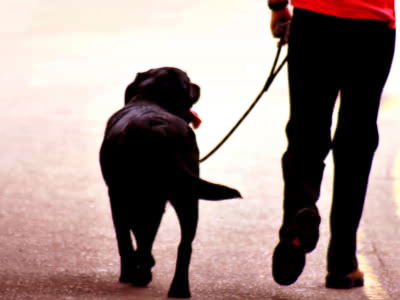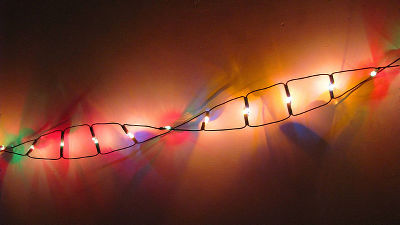Scientists who have continued to adopt 'mouse after experiment' for 20 years

The development of drugs that cure human diseases requires animal studies before clinical trials. However, the mice used for animal experiments are destined to be disposed of after the experiment is completed, and
One biologist became a quiet champion for a creature that's the soul of science
https://www.inverse.com/science/adopting-lab-rats-during-coronavirus
Richard Hein, a biologist at the University of Wisconsin-Green Bay, has been working for the past 20 years to find the 'permanent place' for mice that his students used in their studies.
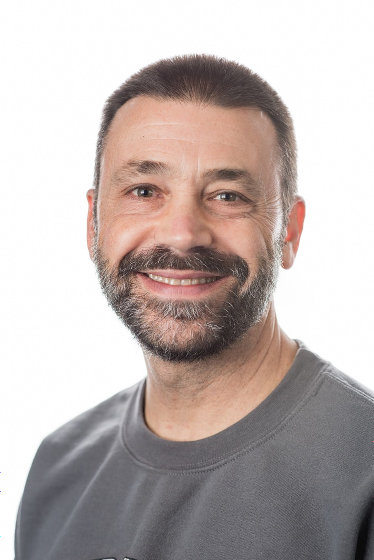
American scientists must obtain permission from the Institutional Animal Care and Use Committee before working with animals in research. The Institutional Animal Care and Use Committee is a local authority, but its guidelines are in line with the National Institutes of Health. However, the guidelines have long been silent on post-experimental treatment of animals.
In the summer of 2019, the National Institutes of Health introduced the 'Adoption Policy for Experimental Animals' for common animals such as dogs, rabbits, cats, and guinea pigs, as well as specific livestock such as pigs and sheep. The US Food and Drug Administration, which approves medicines that fall, followed suit and adopted its own experimental animal adoption policy. These are not procedural changes, but comprehensive guidelines, but they are a big step towards improving the environment for animals.
On the other hand, in May 2019, a bill to promote adoption of animals passed the US Congress, but the bill does not apply to birds and mice. In addition, the bill is already deadlocked at the introduction stage.
Thus, in recent years, the handling of experimental animals has finally received attention, but Mr. Hein has been adopting experimental animals since 20 years ago.
“Working with animals comes with a great duty. It's very important for me to find good homes for the animals after the experiment,” said Hein.
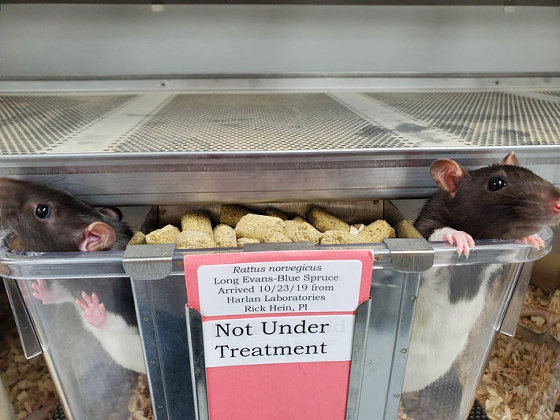
Hein held his first biology class in 2002 for first and second year college students. From this time until the writing of the article, Mr. Hein has conducted experiments in the classroom, guiding students who have just entered the university to the real science path.
Throughout the experiment, the students deepen their bond with the experimental animals. Students interact with the mouse for one or two semesters, but some of them play with the mouse every day, prepare tricks, and walk on their arms. Mice are clever and social animals, so when students enter the room, they also come to the front of the cage to show excitement.
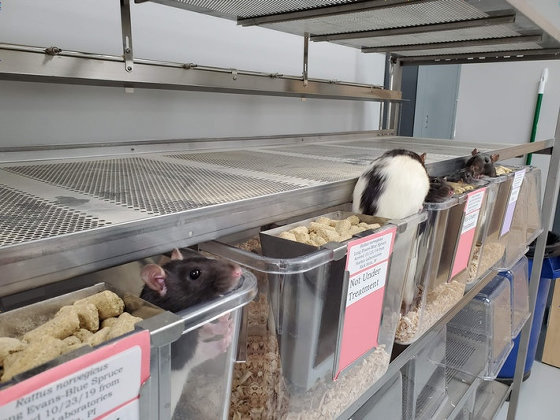
Because of the special bond between humans and mice, Mr. Hein adopts every mouse every spring after the semester ends so that all the mice are accepted into the homes of students and community members. Hein usually advertises on school and social media that he has started adoption. The student who actually took care of the mouse is the first candidate for adoption, and after that he will examine the person who raised the voice in the lab.
However, in the spring of 2020, students were not able to finish the experiment because the university was required to work at home due to the pandemic caused by the new coronavirus. For this reason, Mr. Hein went to the lab himself and continued to take care of the mouse. Instead of adopting in the lab, he met students in the open air and searched for adoptions one by one. After 2 weeks of work, all 11 mice were able to find permanent residence.
Some animal defenders strongly oppose animal testing in the lab, and even host scientists. However, if animals can find a home where they can stay healthy and safe after the experiment, the option of 'finishing the animal experiment itself' may be unnecessary. The situation is changing in recent years due to the growing awareness of animal experiments. Mr. Hein's adoption track record is an example of the future potential of finding a permanent home for animals.
Related Posts:
